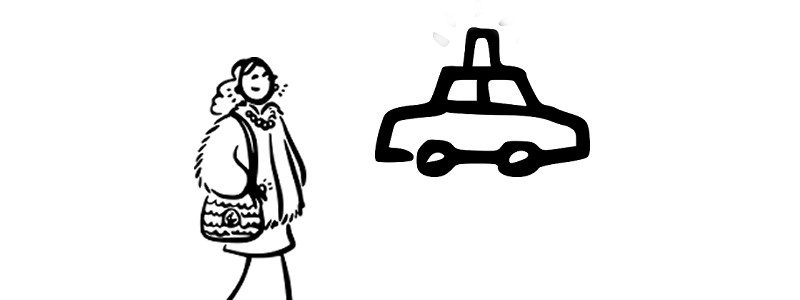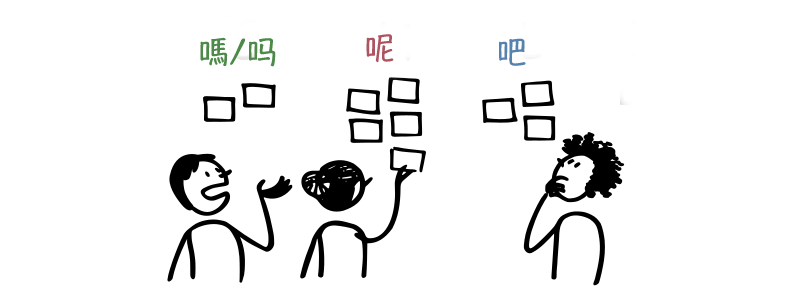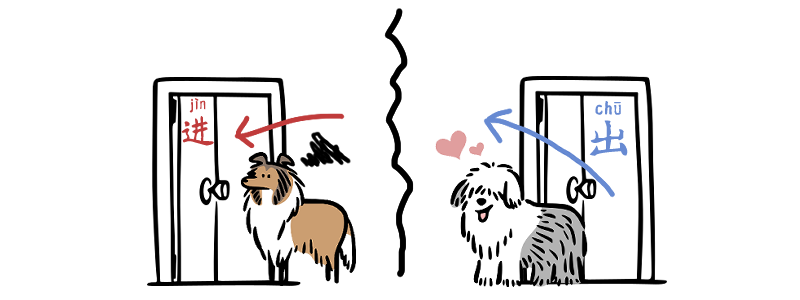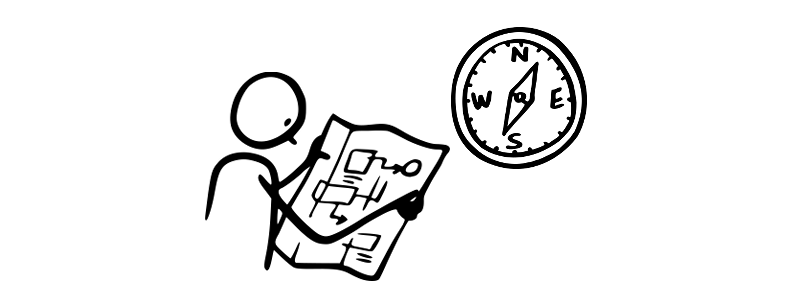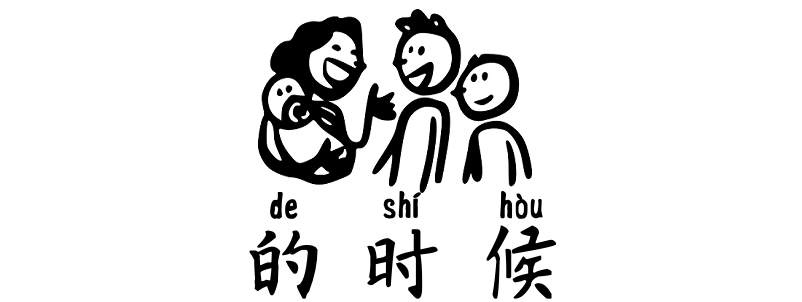Before we look up the office words in Chinese, let me tell you a secret. We take a nap at noon. Since the work hours in China and Taiwan can be very long, employers are willing to allow the workers to take a 30 mins ish nap to keep their energy. To have a longer…
Category: HSK 2
Taxi Chinese
麻煩máfán到dào__( 台北táiběi車站chēzhàn)__麻烦máfan到dào__( 台北táiběi车站chēzhàn)__ To the ___(Taipei main station)___ Dialogue 司機sījī: 請問qǐngwèn要yào到dào哪裡nǎlǐ? 师傅shīfu: 您nín要yào到dào哪nǎ去qù? Driver: Where are you going? 我wǒ: 麻煩máfán到dào台北táiběi車站chēzhàn我wǒ: 麻烦máfan到dào台北táiběi车站chēzhànI: To the Taipei main station, please. 司機sījī: 好hǎo的de师傅shīfu: 好hǎo的deDriver: Certainly. 我wǒ: 請qǐng開kāi快kuài一點yìdiǎn, 謝謝xièxie我wǒ: 尽量jǐnliàng快点kuàidiǎn吧ba, 谢谢xièxieI: Please go faster, thank you! Simplified (China) Traditional (Taiwan) Vocabulary 車站chēzhàn车站chēzhàn🔊 Station 機場jīchǎng机场jīchǎng🔊 Airport 飯店fàndiàn/ 酒店jiǔdiàn饭店fàndiàn/ 酒店jiǔdiàn🔊 Hotel 醫院yīyuàn医院yīyuàn🔊 Hospital 這裡zhèlǐ/ 這兒zhèr这里zhèlǐ/ 这儿zhèr🔊 Here 博物館bówùguǎn/ 博物院bówùyuàn博物馆bówùguǎn/ 博物院bówùyuàn🔊 Museum 第一dìyī航廈hángxià/ 一號yīhào航站樓hángzhànlóu第一dìyī航厦hángshà/ 一号yīhào航站楼hángzhànlóu🔊 First terminal…
Meal & Other Chinese Words
Before we look up the meal words in Chinese, let me tell you a fact. In a Chinese meal, everyone will have their rice bowl; however, the accompanying dishes will be served on communal plates and shared by all people. The dishes are often eaten together with a mouthful of rice. Unlike western culture, the…
Life Stage and Thinking Words in Chinese
Before we look up the life stage and thinking words in Chinese, let me tell you a fun fact. Many Chinese teens are cautious about romance because they are normally taught by family members and teachers that serious relationships should wait until adulthood. According to a “Global Times” article, a survey of Chinese middle school…
Chinese Final Particles 1
Grammar Point:Final Particles in Mandarin Chinese is a nightmare for most Chinese learners. In this article, we are going to learn the most common final particles in Chinese 嗎吗 ma, 吧 ba, and 呢 ne. Just in case, I provide audio files to help you know how we change intonations without changing any tones. Please make…
Direction Complement in Chinese
Grammar Point:A direction complement is a complement used to describe the direction of a verb in Chinese. For example, the verb “走 zǒu” means “to walk”. However, to specify which direction you are walking in, you can add a direction complement to describe where you are walking to. For example, 走zǒu進jìn走zǒu进jìnWalk in 走zǒu出chū走zǒu出chūWalk out Now, let’s take a…
Direction Words in Chinese
Before we look up the direction words in Chinese, let me give you a suggestion. Do not ask any Taiwanese the direction of east, west, north, or south. Seriously we never use it. Even on our map, the north is not on the north sometimes. In Taiwan, we only use right, left, go straight, and…
Occupation and Time Words in Chinese
Before we look up the occupation and time words in Chinese, let me ask you a question. Do you know why so many foreigners work as English teachers in China? Foreign teachers in China are in high demand and are needed in institutions from kindergartens to universities and specialized training centers. A flexible schedule and…
Time Expression – de shíhou
Grammar Point:The time expression grammar “…的時候的时候 de shíhòudeshíhou” is similar to the English phrase “when something happens.” It can be used to talk about things that happen at a particular time. To use it, simply attach it to the word or phrase indicating the time. Sentence structure Time Word or description + 的時候/的时候 我wǒ工作gōngzuò的de時候shíhòu常常chángcháng喝hē咖啡kāfēi我wǒ工作gōngzuò的de时候shíhou常常chángcháng喝hē咖啡kāfēiI usually…
Express Distance – 離/离 lí
Grammar Point:離离 lí is a Chinese preposition that can be used to indicate distance, separation, or departure. It is often translated as “away from,” “off,” or “from” in English. Structures A 離/离 lí B + 近 jìn or 遠/远 yuǎn 日本Rìběn離lí韓國Hánguó非常fēicháng近jìn日本Rìběn离lí韩国Hánguó非常fēicháng近jìnJapan is very close to Korea. 加拿大Jiānádà離lí墨西哥Mòxīgē不bú太tài遠yuǎn加拿大Jiānádà离lí墨西哥Mòxīgē不bú太tài远yuǎnCanada is not too far from Mexico. 我wǒ公司gōngsī離lí車站chēzhàn很hěn近jìn我wǒ公司gōngsī离lí车站chēzhàn很hěn近jìnMy company is very close…
